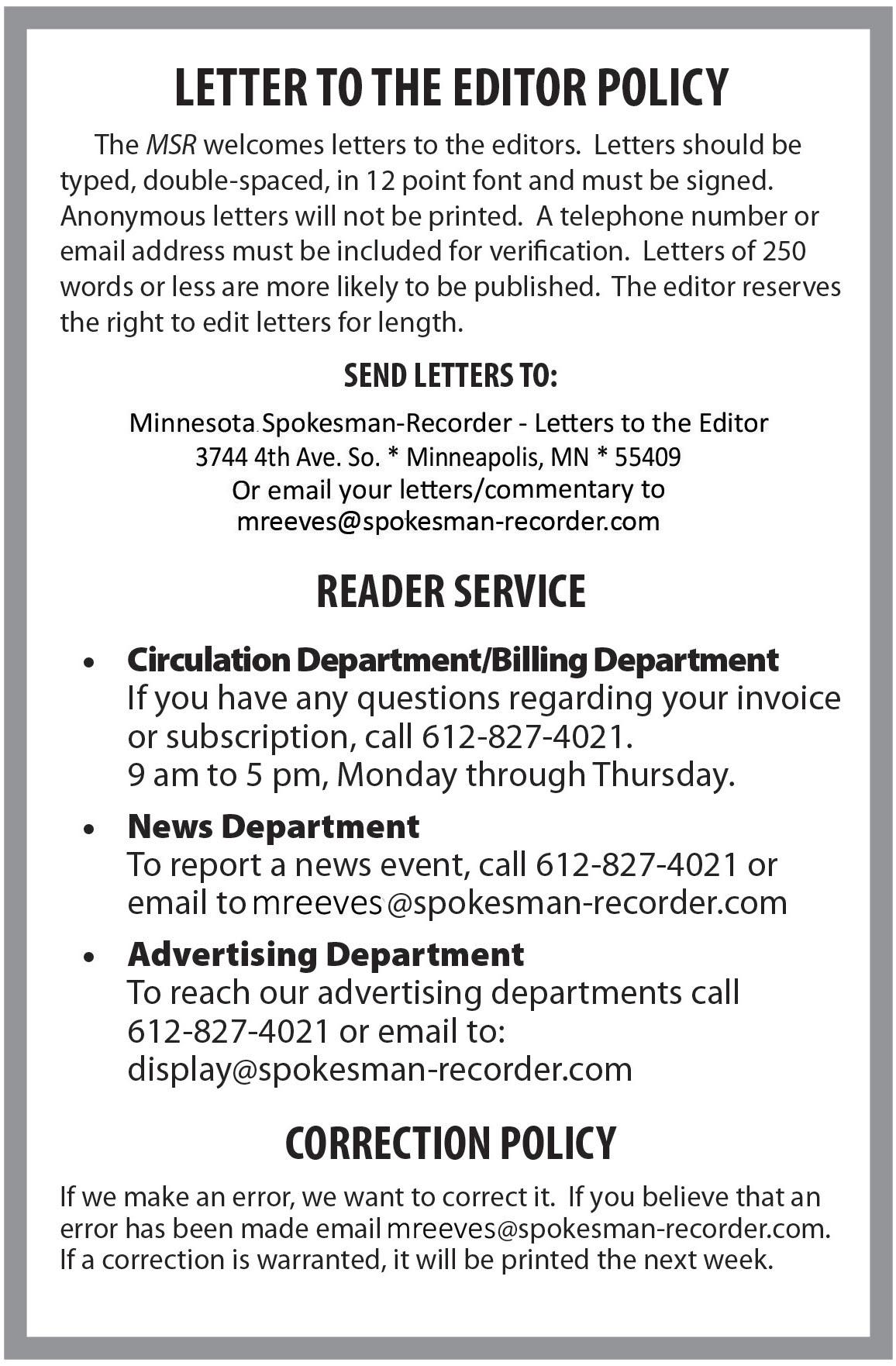
7 minute read
Chance to cut climate pollution from big trucks
By Ben Jealous
he interstates built in the 1950s and 1960s killed the vitality of the communities where people of color and the poor lived, from Overtown in Miami to the Hill District in Pittsburgh to the South and West Sides of Chicago. The disruption and segregation of those communities happened by design.
The harm continues to this day for the residents who remain in those neighborhoods.
Because the highways run through their backyards, those people are at point blank range for the pollution from the millions of vehicles driving the interstates burning fossil fuels.
Transportation accounts for more than a quarter of the climate damaging gasses this country makes, more than any other sector. An estimated 72 million Americans live in close proximity to trucking routes, and they are disproportionately people of color or living with low incomes.
We have an unprecedented chance to change this longstanding disregard for so many Americans’ health and wellbeing, and we must grab that chance if we want to reduce vehicle pollution enough to reach our goal of cutting carbon emissions in half by 2030.
While heavy duty vehicles— think delivery trucks, garbage trucks, buses, and tractor trailer trucks—are only six percent of the vehicles in the United States, they produce a third of the climate pollution from transportation. The Environmental Protection Agency (EPA) has proposed new rules that would sharply reduce the carbon dioxide that heavy duty vehicles will be allowed to belch in their exhaust and pave the way for more trucks and buses that have no emissions. special interests and the politicians they support will oppose any regulations that have a chance to avert climate disaster. The EPA must stand up for communities most damaged by truck and bus pollution.
The stricter rules should add momentum to changes already happening in that part of the economy. Manufacturers like Daimler, Ford, Navistar and Volvo have pledged to increase the number of zero emission trucks they sell, and big volume shippers including Amazon, FedEx and Walmart have said they will cut their air pollution.
The available models of zero emission trucks are up more than a quarter from three years ago, and their cost is expected to drop 40 percent in the next four years. Seventeen states, the District of Columbia and Puerto Rico have agreed to a plan to boost zero emission truck sales with an initial target of 30 percent by 2030.
By Marian Wright Edelman
ixty years ago in June 1963, a young wife and mother drafted a neatly handwritten letter about a “problem” her family was facing:
Dear Sir: their marriage license.
I am writing to you concerning a problem we have. 5 yrs. ago my husband and I were married here in the District. We then returned to Va. to live. My husband is White, I am part negro, and part indian. At the time we did not know there was a law in Va. against mixed marriages. Therefore we were jailed and tried in a little town of Bowling Green.
We were to leave the state to make our home. The problem is we are not allowed to visit our families. The judge said that if we enter the state in the next [25] yrs., that we will have to spend 1 yr. in jail.
We know we can’t live there, but we would like to go back once and awhile to visit our families and friends.
We have 3 children and cannot afford an attorney. We wrote to the Attorney General, he suggested that we get in touch with you for advice.
Please help us if you can. Hope to hear from you real soon.
Mrs. Loving later said she initially believed they were doing that because less paperwork was required there. But Richard may have understood something she didn’t: Getting a marriage license as a mixedrace couple would have been illegal and impossible in Virginia.
Mr. Loving may not have known how the state would treat legal interracial marriages that had been performed elsewhere, but five weeks after their wedding they received a very literal rude awakening. Acting on a “tip,” sheriff’s deputies surrounded their bed with flashlights at two in the morning demanding to know why they were there together. Their reply that they were husband and wife made no difference. The Lovings were arrested, and Mr. Loving was held in jail overnight while the pregnant Mrs. Loving was forced to stay for several days.
Both were charged with violating Virginia’s Racial Integri- er, and great-grandmother sent another groundbreaking letter. This time, it was a public statement submitted just before the Massachusetts Legislature’s historic vote reaffirming marriage equality, and read aloud at a 40th anniversary celebration of the Loving v. Virginia decision.
“When my late husband, Richard, and I got married in Washington, DC in 1958, it wasn’t to make a political statement or start a fight. We were in love, and we wanted to be married… My generation was bitterly divided over something that should have been so clear and right. The majority believed what the judge said, that it was God’s plan to keep people apart, and that government should discriminate against people in love.
“But I have lived long enough now to see big changes. The older generation’s fears and prejudices have given way, and today’s young people realize that if someone loves someone, they have a right to marry.
“Surrounded as I am now by wonderful children and grandchildren, not a day goes by that I don’t think of Richard and our love, our right to marry, and how much it meant to me to have that freedom to marry the person precious to me, even if others thought he was the ‘wrong kind of person’ for me to marry.
The comment period for these new rules ended Friday, so the EPA needs to finalize them quickly. As we saw last year with other common sense air pollution standards for trucks that the EPA adopted, submissions@spokesman-recorder.com submissions@spokesman-recorder.com
Beyond the new federal rules, we have extraordinary incentives that are part of the historic infrastructure and clean energy packages that President Biden and Congress approved over the last two years. We’ve pledged to spend $1 billion by 2031 on zero emission heavy duty trucks and another $5 billion by 2026 on clean school buses. We must have the bigger stick of tougher regulation, but for the first time we have meaningful carrots from these incentives.

We’ve finally as a nation started to acknowledge the scope of the change it will take to preserve our fragile and already damaged planet. But the interest in the status quo is strong among those who gain from it, like Big Oil companies reporting record billions in profits. We can’t turn our attention away now, assuming that recognizing the problem will undoubtedly lead to the right actions to address it.
Sixty years ago, neighborhoods in Manhattan, Washington and New Orleans fought back successfully against being divided and paved over by interstates. Finishing the job of ending the pollution from those highways’ traffic will take that same commitment on our part.
Yours truly, Mr. and Mrs. Richard Loving Mrs. Mildred Loving, the letter’s author, had chosen to reach out to U.S. Attorney General Robert F. Kennedy, who suggested she and her husband contact the ACLU for help. Over the next several years dedicated ACLU lawyers took their case through the court system.
The Lovings eventually made history when their struggle to have their marriage recognized in their native Virginia led to the landmark U.S. Supreme Court ruling in Loving v. Virginia. On June 12, 1967, the justices ruled 9-0 that Virginia’s law banning interracial marriage and all others like it were unconstitutional and that the freedom to marry was “a basic civil right.”
The Lovings, who shunned the spotlight, made it clear they never set out to be social revolutionaries. It was simple: They loved each other, wanted to marry, and beyond that, as Mrs. Loving said, “It was God’s work.”
The two first met in the early 1950s in Central Point, Virginia, the small community where they both grew up. They became young sweethearts, and in 1958, when Mildred became pregnant they decided to get married. They drove to Washington, D.C., for ty Act. Under a plea bargain, in order to avoid a year-long jail sentence they were forced to leave the state and were prohibited from returning together for 25 years. They settled in Washington, D.C., but missed the small town where they had spent their entire lives. These were the conditions that led the Lovings, inspired by the growing Civil Rights Movement, to reach out to Attorney General Robert Kennedy asking for change.
After the landmark 1967 victory, Mr. and Mrs. Loving returned to their hometown with their three children. Sadly, their own happiness ended in tragedy in 1975, when Mr. Loving was killed and Mrs. Loving lost the sight in one eye in a car accident caused by a drunk driver.
But the Lovings had paved the way for thousands of other couples like themselves who were marrying the people they loved. Thanks to God’s work and the Lovings’ love, my husband Peter and I were the very first interracial couple to be married in Virginia after the U.S. Supreme Court decision.
Mrs. Loving never remarried and lived quietly at her home in rural Caroline County, Virginia until she passed away in 2008. But a year before her death, the widow, grandmoth-
“I believe all Americans, no matter their race, no matter their sex, no matter their sexual orientation, should have that same freedom to marry. Government has no business imposing some people’s religious beliefs over others. Especially if it denies people’s civil rights.
“I am still not a political person, but I am proud that Richard’s and my name is on a court case that can help reinforce the love, the commitment, the fairness, and the family that so many people, black or white, young or old, gay or straight seek in life. I support the freedom to marry for all. That’s what Loving, and loving, are all about.” submissions@spokesman-recorder.com.
In June 2015, the U.S. Supreme Court would issue another landmark decision guaranteeing full marriage equality. But this June, during a Pride Month when bigotry, intolerance, and threats of violence against LGBTQ+ Americans are on a sharp and dangerous rise, it is critical to listen again to Mrs. Loving’s words. Mildred Loving and the lawyers and judges who affirmed her convictions were on the right side of history. Ugly voices shouting for less equality and less freedom will not carry the day now.
Marian Wright Edelman is founder and president emerita of the Children’s Defense Fund.
Ben Jealous is executive director of the Sierra Club, the nation’s largest and most influential grassroots environmental organization. He is a professor of practice at the University of Pennsylvania and author of “Never Forget Our People Were Always Free,” published in January.











